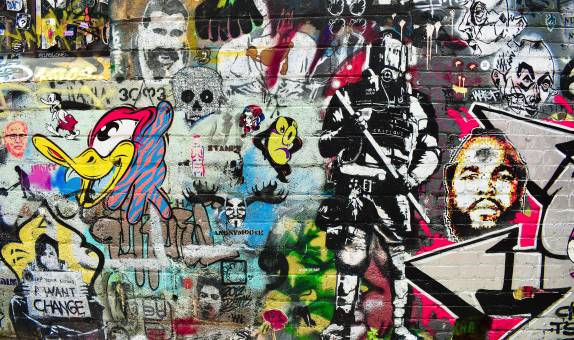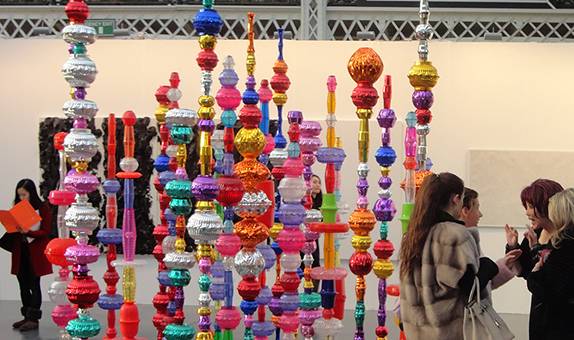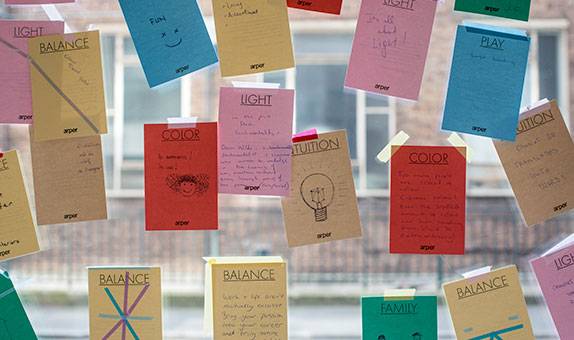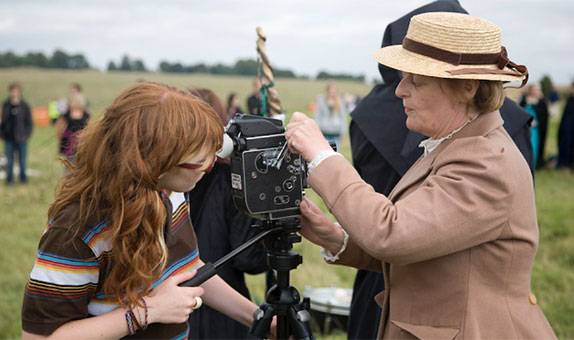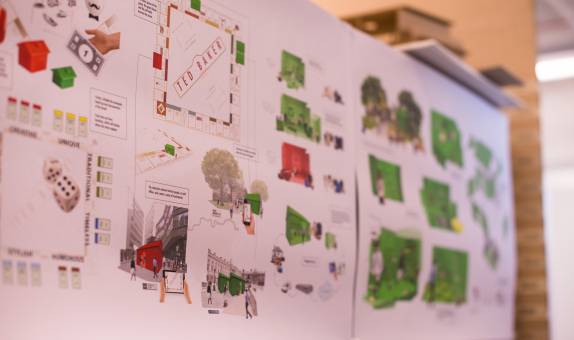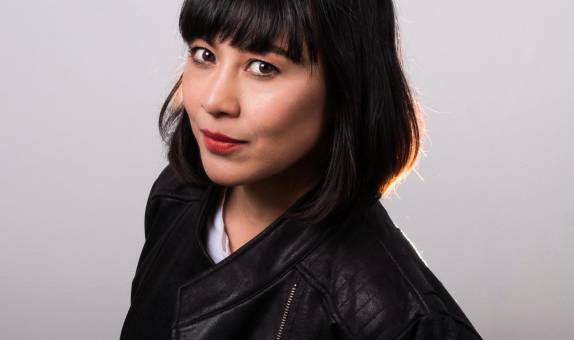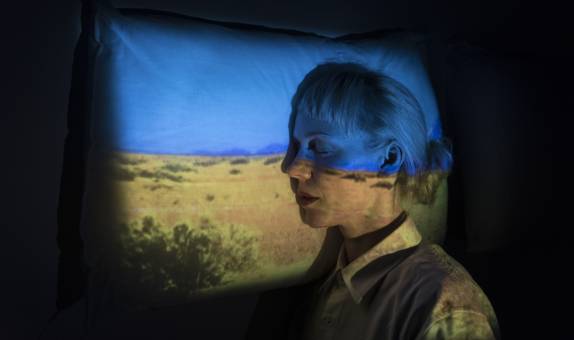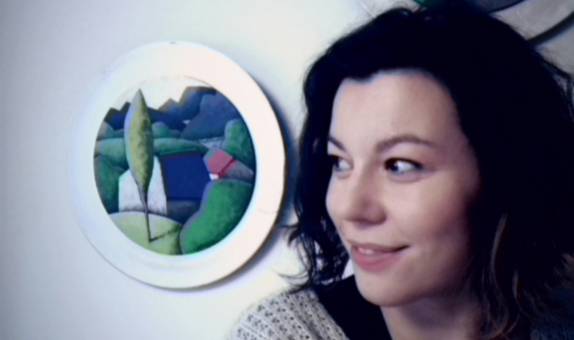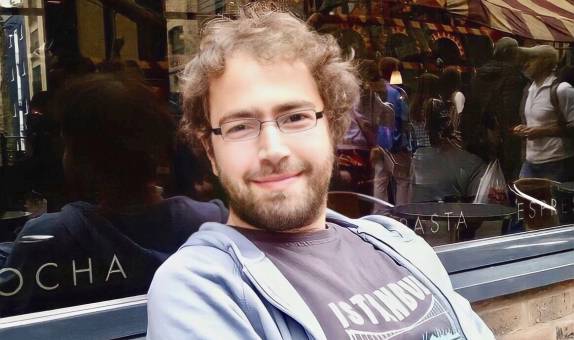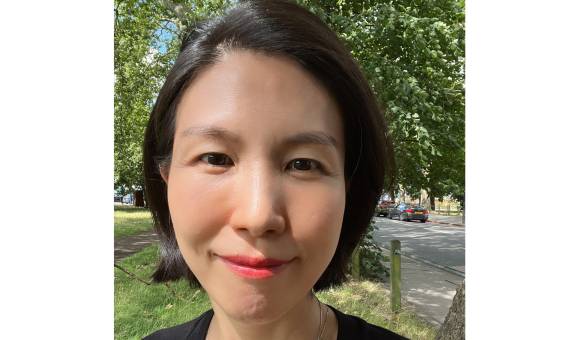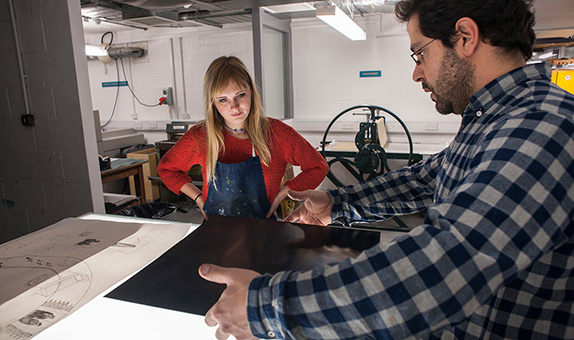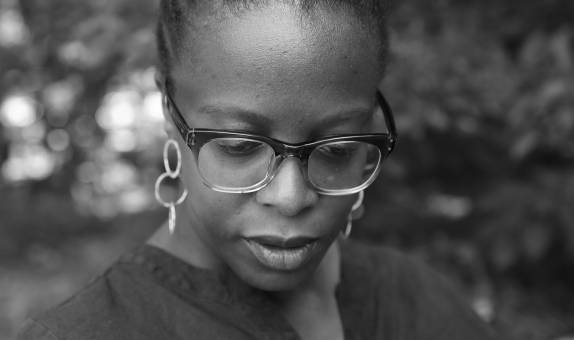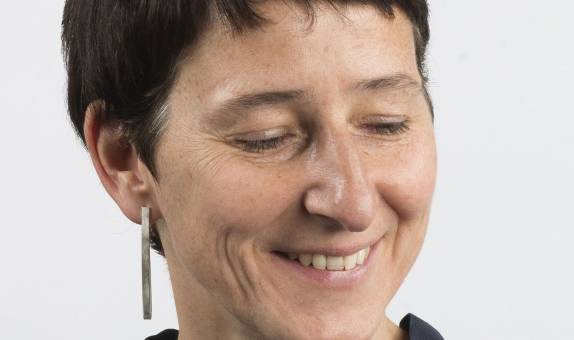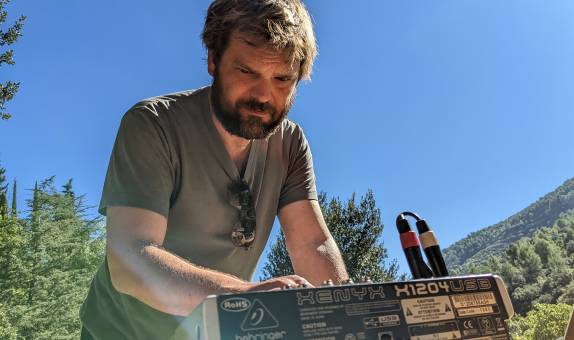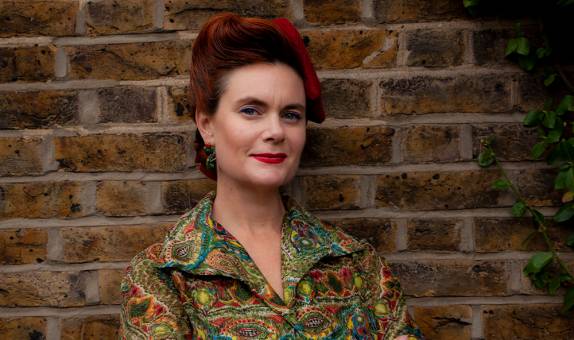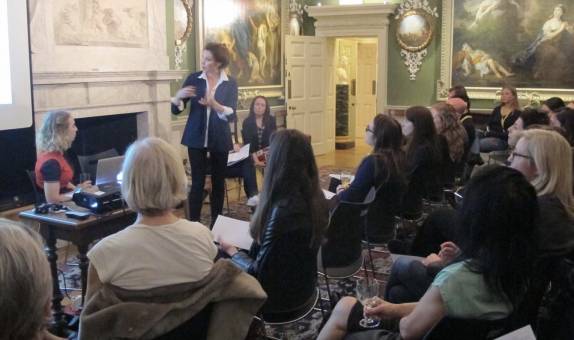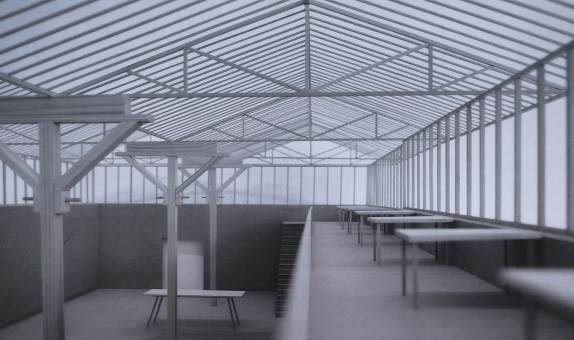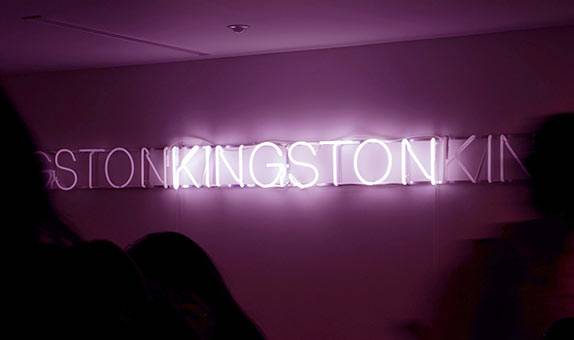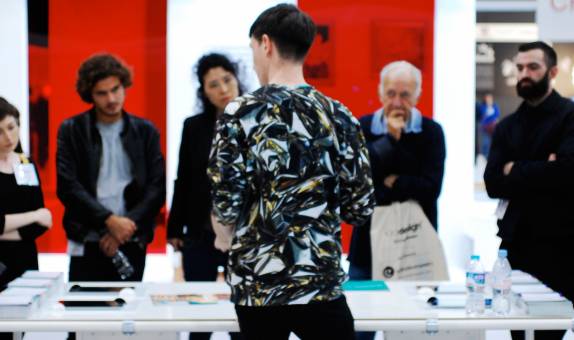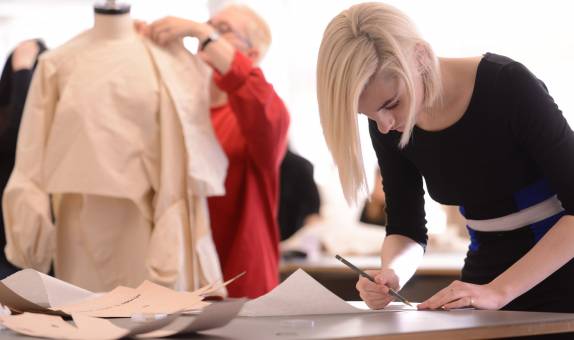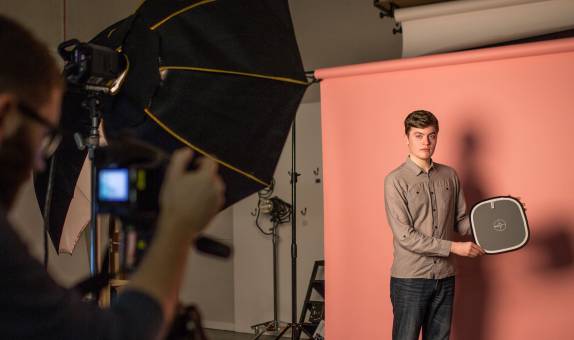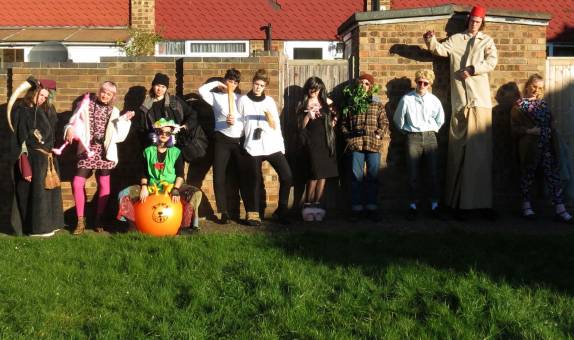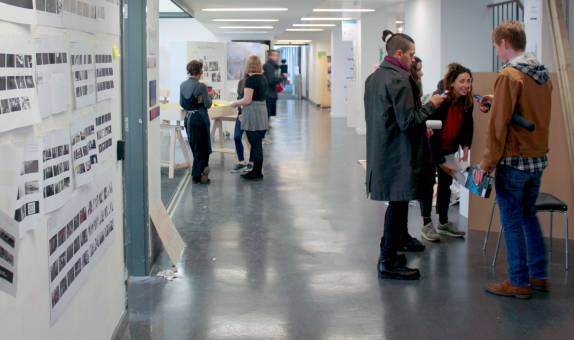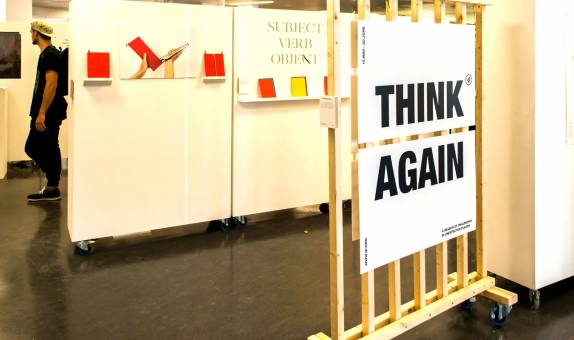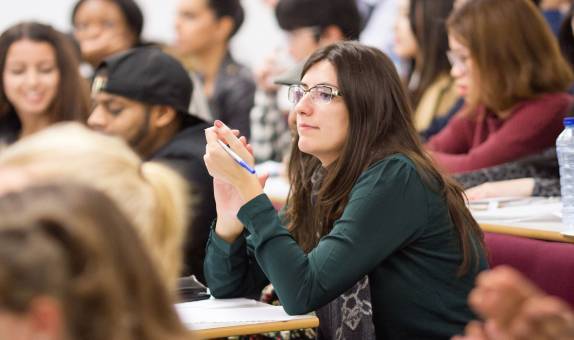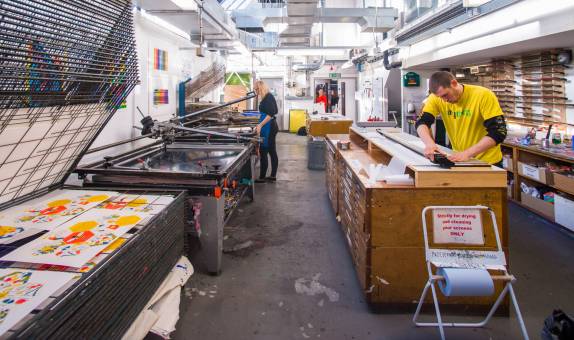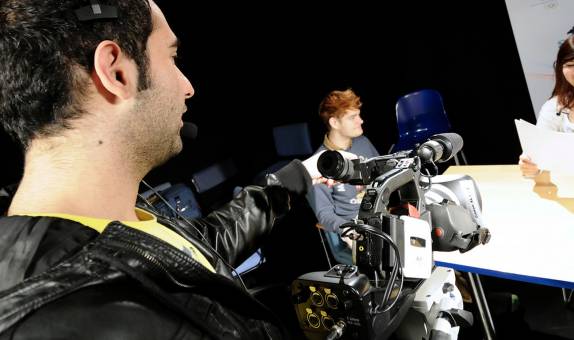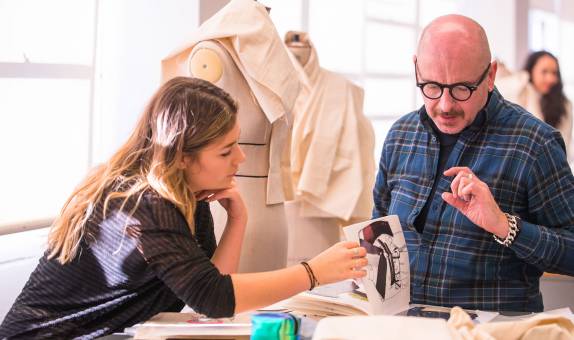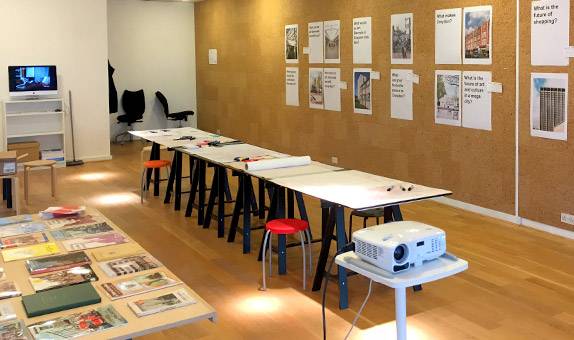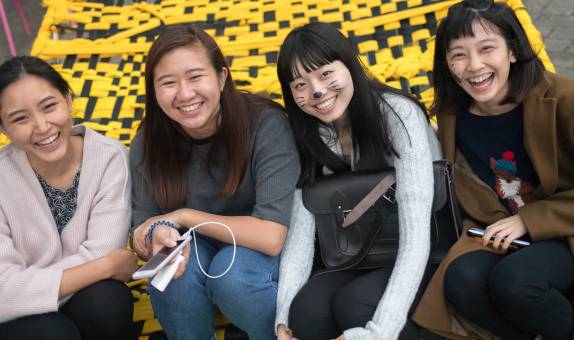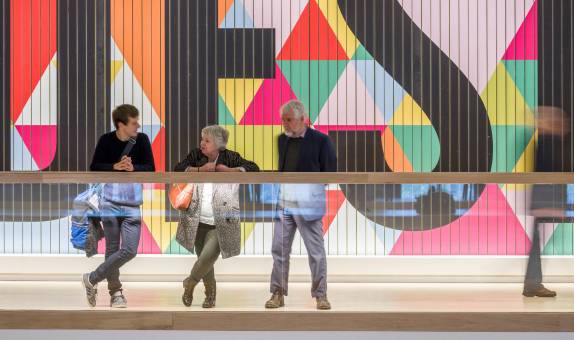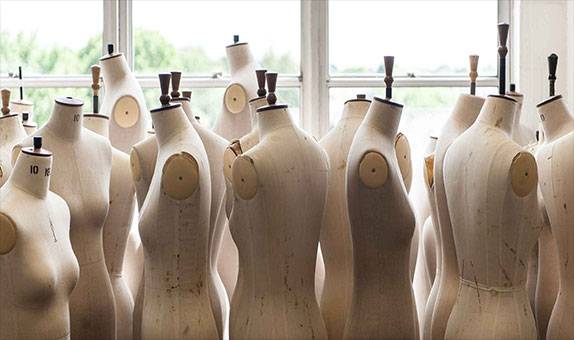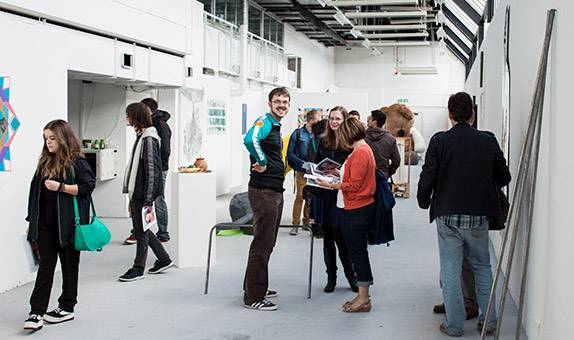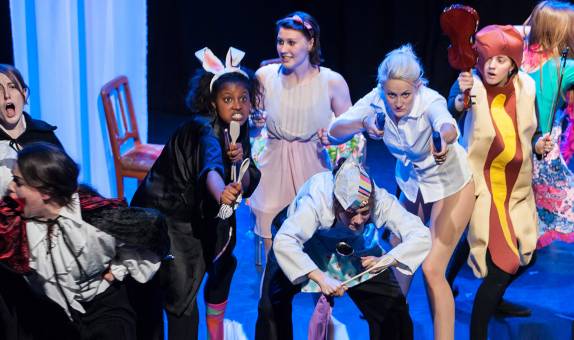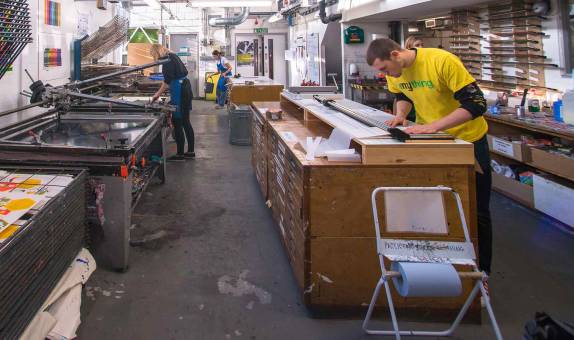Creative Industries
Kingston School of Art's pioneering creative and cultural industries department explores what happens when creative practice is applied to commercial contexts, markets, audiences, products and services. Our aim is to provide the stimuli, culture and resources to enable our students to become distinctive creative industry practitioners who will change, and not simply join, the creative industries.
Our courses offer sector-facing and industry-focused creative education that challenges convention. Students here are given space and experiences to think about how the creative and cultural industries currently work, how they are changing and what kind of contribution they can make to their development.
We follow the Kingston School of Art Thinking through Making ethos, and so, wherever possible, we design and organise learning experiences, such as creative competitions, hacks and live projects from creative sector firms, to help you develop your creative ideas and the necessary course specific, practical skills.
Our teaching is delivered by a rich mix of academics, practitioners, academic-practitioners, industry-based mentors and guest speakers. Across the different courses we aim to provide a theoretically-informed, collaborative and practice-relevant experience that equips our graduates with the knowledge, skills and attitudes needed to survive and thrive in the creative and cultural industries.
In today's competitive environment, it is as important to understand how to harness and realise creativity as it is to be creative. The creative sector thrives on ideas and depends on people to help realise them.
The new courses at Kingston School of Art will provide creative businesses with graduates that have commercial as well as articulation and interpretation skills – a growth area in the market."
Christine Losecaat MBE
What is creativity?
Creativity – continuously used, widely valued, but what is it? Hear Kingston School of Art alumni kick the question around.
Undergraduate courses
Where creativity meets enterprise
The UK creative and cultural industries employ 1 in 17 people and make £9.6 million per hour. These sectors need innovative practitioners, thinkers and leaders.
Creative Industries at Kingston School of Art will provide that next generation, across four themes:
- Where ideas meet audiences: We focus on developing three skills – visual communication, multi-platform storytelling and rapid prototyping.
- Where education meets industry: We work with industry clients on real life briefs - from advertising concepts to exhibition curation, from social media campaigns to UX design. Our industry placement team will help find students the right work experience to get them industry-ready.
- Where students meets professionals: Creative practitioners and managers – such as designers, artists, copywriters, producers, VR specialists, strategists, curators – and more will be giving talks, running workshops and mentoring students.
- Where creative meets business: As part of an art school we learn by experimentation and practice. Students will have a studio space – 'The Common Ground' – to work and collaborate from, as well as having full access to all of our studios, workshops and technicians. They will learn design skills, prototyping and immersive technologies as tools for communication. Budgeting, project management and pitching will help sell ideas to clients, brands and agencies.
Postgraduate courses
Objects and experiences: postgraduate study in the Creative Industries
The Department of Creative Industries offers four unique and innovative postgraduate courses, each exploring vibrant and dynamic fields:
- Art Business MA
- Curating Contemporary Design MA (in partnership with the Design Museum)
- Museum and Gallery Studies MA
- Project Management for Creative Practitioners MSc
These courses are built on the principle of critically-informed practice and industry engagement. Namely, that in order for practitioners in the fields of design curation, global art markets or exhibitions and galleries to create meaningful, effective and successful projects, it is essential that they develop their work and ideas through an historical awareness and from a solid conceptual base.
The theoretical understanding that you build will be used to make sense of the ever-changing professional practices that shape how contemporary organisations in your chosen field operate and innovate.
To advance your practical knowledge and help you become the reflective creative practitioner that these sectors demand, these courses incorporate live projects and challenges. With our partners or project collaborators we provide real-world learning opportunities that test and provide the context to experiment and practise the understanding you are developing.



